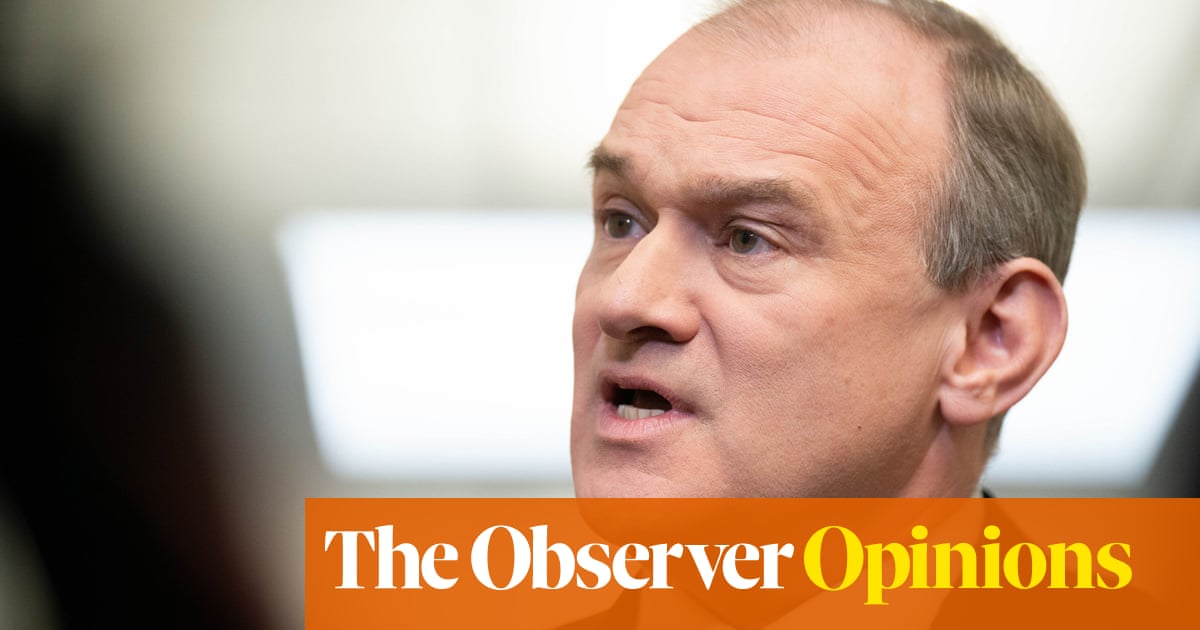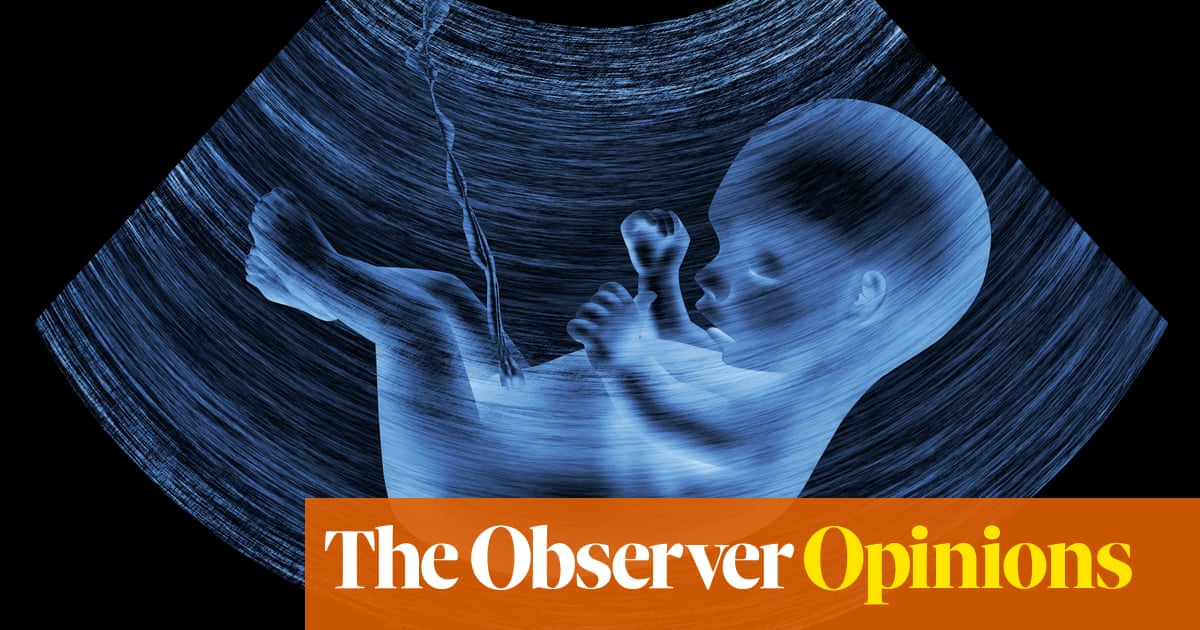
Not Boris Johnson, surely. Not that most bouncy and irrepressible of men, who always seemed the definition of a lucky general. While we know this virus does not discriminate, there is still something faintly surreal about the idea of the prime minister lying in intensive care, his own body now a battlefield for the virus that has come to define his fledgling premiership.
Don’t underestimate how many ordinary people will be shaken by the sight of a 55-year-old laid low like this, despite the best care the NHS has to offer. So many lives have already been touched by this virus in ways we could never have imagined three months ago and now, by a terrible irony, the man responsible for leading us through it is one of them.
Whose heart does not go out out to a heavily pregnant Carrie Symonds, weeks away from giving birth to their baby? The wider Johnson family, too, deserve to feel supported in their distress, like any other family waiting for news from hospital. Yet beyond this private and very understandable distress lies a grave new political reality. Just as the epidemic nears its dangerous peak, a hole is emerging at the heart of government.
It no longer feels like a coincidence that the Queen was finally deployed on Sunday night, just as Johnson was heading for hospital. Her address to the nation was a gentle reminder that in Britain power does not rest solely in one place, yet in practice there is only so much she can do to steady a ship now heading for constitutionally uncharted waters.
Dominic Raab, the foreign secretary, has been asked to deputise for Johnson, yet that official language conceals a very grey area. Unlike America, Britain has no designated survivor to step up in an emergency. Constitutionally speaking, there is no such thing as an acting prime minister either; there are only prime ministers, who serve until they lose an election, resign or die, and in their absence power devolves to the cabinet as a whole.
Raab’s new status is essentially a means of preventing the chain of command from becoming confused or mired in internecine cabinet rivalries, although it remains to be seen whether he really has the authority to knock his colleagues’ heads together. (Those who wonder why it’s him in charge rather than the Cabinet Office minister, Michael Gove, now self-isolating after a family member showed coronavirus symptoms, perhaps miss the point that Johnson was nominating not a successor but a caretaker.)
For now, the opposition seems willing to give all this the benefit of the doubt. Illness transforms the prime minister in the public mind, to the extent that it would seem grotesque for Labour to use this moment for political advantage. Nor can Keir Starmer do anything that might be interpreted as pressuring a sick man back to work; we’ll never know whether Johnson would have got this ill if he’d rested the minute he was diagnosed, but a culture in which politicians don’t feel able to take sick leave even on their hospital beds is in no sense a healthy one.
Yet it remains the opposition’s job to hold government accountable for management of this epidemic, and if Johnson’s absence turns out to be prolonged, questions will eventually have to be asked about the democratic basis on which his chosen substitutes continue to govern.
The cruelty of this situation is that it pits the human imperative to be kind, to make allowances for awful circumstances, against the remorseless political imperatives of a crisis in which many more lives are at stake.
For there are life-changing judgment calls to be made over the coming weeks, as Downing Street grapples not only with clinical questions about when and how to lift the lockdown, but with an economic crisis unfolding alongside it at pace. It no longer seems credible that we will simply pick up where we left off pre-virus, and huge decisions loom about how to restart a hollowed-out economy and how the bills now being racked up will be repaid. With all due respect to Raab, there is only so far a stand-in can go in taking decisions which will determine what kind of society emerges from this.
What exacerbates the problem is that the country didn’t just vote for a Conservative government last December, or even for a slate of policies. It voted, perhaps more than usual, given the degree of switching across party lines, for one man and one idea. Johnson embodies not so much an ideology as a mood, a feeling, a sense of what Britain could be that was inextricably bound up with (but not wholly limited to) Brexit.
Whether his brand of breezy confidence suits the management of an epidemic is not, perhaps, a question to be asked over his hospital bed. But it’s hard to see anyone else in government occupying quite the place he did in the public imagination, should his absence extend for more than a few weeks.
Clearly it’s to be hoped the prime minister makes a swift and full recovery. But nobody bounces straight back from intensive care into 18-hour days at the office, which suggests at best he will need time to convalesce. Downing Street may need to start preparing the public soon for the possibility of a long, slow road back to normality.
Power instinctively fears a vacuum, because of the risk that it will fill with panic. The suspicion at Westminster for days now has been that No 10 was playing down the seriousness of the prime minister’s illness in order to keep the nation calm, a suspicion only reinforced by a curiously strained Monday night press conference in which Raab insisted the boss was still overseeing things from his hospital bed while admitting that he hadn’t actually spoken to him since Saturday.
Within hours, it emerged that the prime minister was in fact heading to intensive care. Sudden deterioration is an emerging hallmark of coronavirus cases, so it is not impossible that his office was as taken aback as anyone else by this decline. But from here on in, candour is essential.
These are extraordinary times, which means voters may well accept extraordinary solutions for a while to allow the prime minister a chance to heal. But we cannot live for ever in a state of democratic ambiguity, and if the road to recovery proves longer or harder than expected, there may come a time when Johnson faces a very personal choice between the job he has craved all his life and the national interest. Downing Street cannot be alone in hoping it doesn’t come to that.












